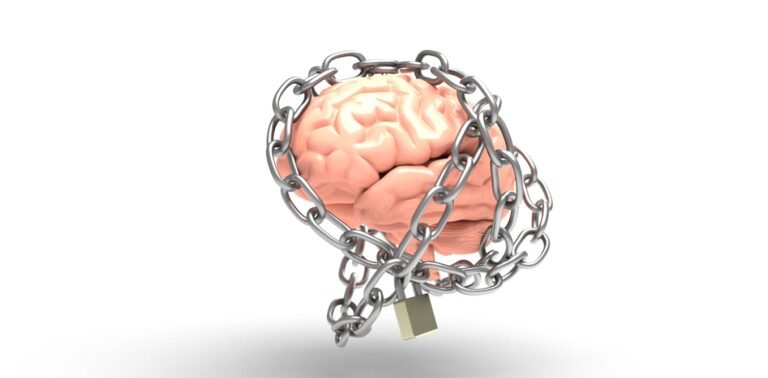Corruption comes in many forms in Ghana. Corruption, embezzlement, extortion and administrative theft remain pervasive and affect key sectors of the Ghanaian economy. In a Afrobarometer Survey 202377% of Ghanaians surveyed said corruption is on the rise in the country.
Scholars have long studied the links between corruption and other aspects of life. Political scientist Daniel Treisman says that any type of corruption is undesirable in democratic societies because of its far-reaching negative consequences for the economic life and well-being of the population. Through a legal scholar Jorum Duriwe know a lot about the relationship between corruption and gender.
However, little is known about the psychological and mental health problems associated with corruption.
As scholars of psychology, we set out to to examine the overall levels and effects of perceived corruption on mental health in Ghana.
We sought to answer the question: does the perception that wealthier people can influence state institutions or government officials for personal gain affect people’s mental health?
We found that people’s perception of corruption in Ghana had a negative impact on their mental health. This was measured in increased risk of suicide, anxiety and depressive symptoms. The perception that the wealthy in society could bribe and influence any government agency or government official was strongly associated with symptoms of depression and anxiety among participants.
Study method
We used a survey to collect data from 730 university students in Ghana. The average age of the participants was 22 years and they were studying for different degrees.
We measured their perception of corruption by asking them to respond to four statements. Responses ranged from “not at all” to “extremely likely”:
State institutions are corrupt (for example public universities, hospitals).
Politicians and other government officials are corrupt (for example, MPs and ministers).
In this country, people who have money/resources can influence any government institution or government official for personal gain.
In the last 12 months, I have seen a person influence/induce government institutions or government officials with money or other things for personal gain.
The mental health burden of seeing corruption
We also investigated the question of which aspect of corruption had the greatest impact and on which aspect of mental health. What we found was that corruption among state institutions and government officials, and the perception that the wealthy could influence these officials for personal gain, was strongly associated with symptoms of depression and anxiety in participants.
The explanation may be that when people realize that corruption is a way of life and that only a few have what it takes to live that way of life, they become helpless and desperate and feel a loss of personal power. These feelings are associated with symptoms of depression and anxiety. It should be noted, however, that we did not control for participants’ previous experiences and symptoms of depression and anxiety.
Why does corruption affect mental health in Ghana?
We gave two explanations. First, observing corruption may reinforce negative beliefs about harassment, uncertainty, and arbitrariness associated with corrupt practices. It can also raise people’s expectations that they or their loved ones could be unfairly implicated or targeted for corruption. This may explain the association with symptoms of depression and anxiety.
The work scholars such as sociologist Iona van Deurzen shows that harassment and arbitrariness by someone representing the state or public authority can become a stressor that can raise a person’s depression levels.
We found that links between corruption and mental health problems can also be traced to certain tendencies of people to:
remain silent to protect or save others from being caught in order to maintain relationships
report to fire the corrupt person and destroy relationships
they conform to a culture of corruption either out of solidarity or out of fear of being victimized.
These tendencies can potentially create psychological distress that can lead to mental health outcomes such as anxiety and depression.
Corruption implies that the rules governing the access and distribution of social and material resources are dysfunctional.
There is a need to re-examine the implications of corruption perceptions and re-identify it as a social determinant of public mental health.
We advise that people experiencing anxiety or depression caused by corruption should talk to a mental health professional and counselors for professional help.
